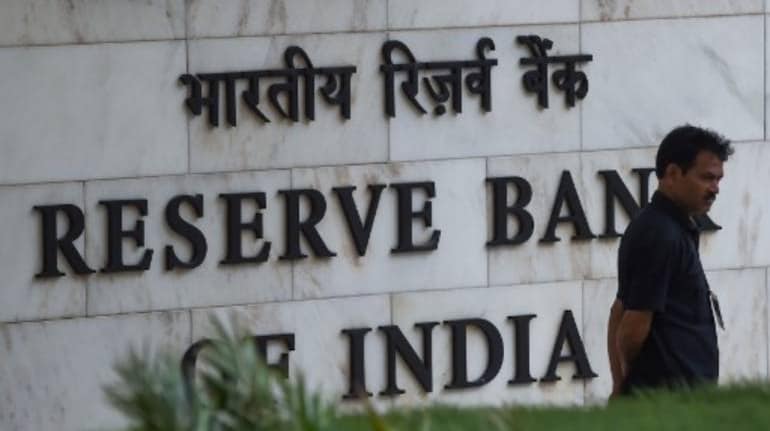



Reserve Bank of India (RBI) Deputy Governor J Swaminathan on December 28 said there is a growing interconnect between banks and non-banking finance companies (NBFCs), which is indicated by a sharp surge in loan growth.
“There is fear of interconnectedness as bank loans to NBFCs have been growing at 30 percent,” said Swaminathan in a banking conclave in Mumbai.
The reliance of non-banking finance companies or NBFCs, particularly in the upper layer, on bank borrowing has increased, accounting for nearly half of their total borrowings as at the end of December 2022, according to the Reserve Bank of India (RBI) bulletin for September 2023.
NBFCs rely more on the bank fund as at end of September 2023. The share of bank borrowings of NBFCs stood at 37.8 percent of the total borrowing.
Earlier, RBI data showed that as of March 2023, bank lending to NBFCs constituted 41.2 percent of the total borrowings as against 39.6 percent in March 2022 and 37.6 percent in the year before. At the end of March 2020, the ratio was around 35.6 percent.
On the other hand, market borrowing by NBFCs as of March 2023 was 38.8 percent while in March 2022 it was 41 percent, falling from 43.8 percent in 2021. The numbers suggest a declining trend in market borrowing, according to the data.
NBFCs typically raise resources from commercial banks and money markets to on-lend to their customers.
Swaninathan further said the RBI would not like to prescribe an upper limit to number of lenders and stressed the need for banks to invest more in IT infrastructure.
He also said that the central bank is seeing instances of non-compliance with customer protection guidelines.
He added that this requires the central bank to take appropriate supervisory action including imposition of business restrictions, where warranted. "I would therefore urge the industry to review and strengthen its compliance with all regulatory instructions on customer protection and grievance redress."
Last year, the RBI had issued guidelines on digital lending to address concerns relating to delivery of credit products and their servicing through the digital route.
These guidelines endeavoured to promote transparency by requiring a standardised Key Fact Statement which should contain details of the Annual Percentage Rate, the recovery mechanism, the grievance redressal officer designated specifically to deal with digital lending/ FinTech related matters and the look-up period.
Any fees or charges, including penal charges, which are not mentioned in the Key Fact Statement cannot be charged by the Regulated Entity to the borrower at any stage during the tenor of the loan.
Swaminathan urged banks to have a proactive approach towards resolving customer grievance issues by identifying and addressing the root cause of these issues. Customer complaints should only be rejected after careful examination by the Internal Ombudsman. To do this effectively, regulated entities must ensure that the Internal Ombudsman is adequately resourced.
On the Net Interest Margins front, Swaminathan said higher NIMs that banks are now enjoying may not be sustained in the future when the interest rate cycle reverses, whenever that happens in future.
External benchmark linked loans will be repriced much faster than deposits contracted during the peak of the interest rate cycle resulting in pressure on NIMs and eventually profitability. Therefore, apart from interest rate risk in the trading book, banks must be mindful of the interest rate risk in the banking book as well, he added.
On the liabilities side, he further said banks must endeavour to proactively manage the pricing and duration of their deposits while trying to diversify the sources and optimising the product mix of deposits.
"Excessive reliance on bulk deposits should be avoided as these are more sensitive to interest rate movements and perpetuate concentration risk while also eroding earnings," he said.
Discover the latest Business News, Sensex, and Nifty updates. Obtain Personal Finance insights, tax queries, and expert opinions on Moneycontrol or download the Moneycontrol App to stay updated!
Find the best of Al News in one place, specially curated for you every weekend.
Stay on top of the latest tech trends and biggest startup news.